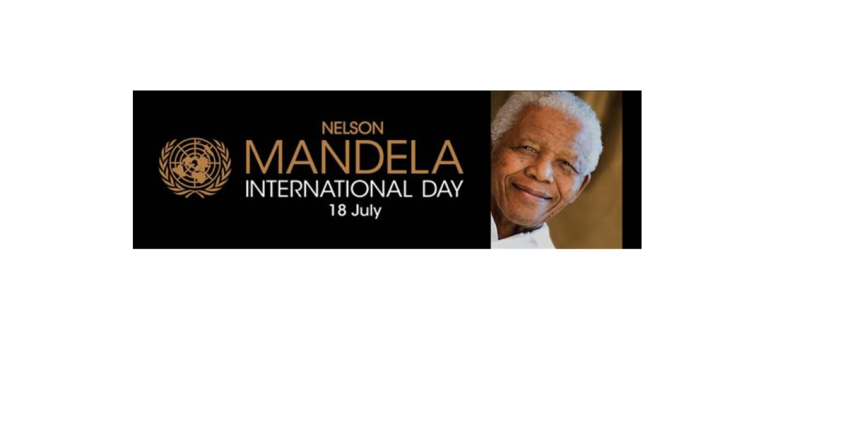A growing network of online communities known collectively as the “manosphere” is emerging as a serious threat to gender equality, as toxic digital spaces increasingly influence real-world attitudes, behaviours, and policies, the UN agency dedicated to ending gender discrimination has warned.
Digital platforms are being weaponized to spread misogyny and hate. Once confined to fringe internet forums, the manosphere now reaches into schoolyards, workplaces, and is sometimes upending intimate personal relationships.
“We are seeing an increasing trend of young men and boys looking to influencers for guidance on issues like dating, fitness, and fatherhood,” said Kalliopi Mingeirou, Chief of the Ending Violence Against Women and Girls Section at UN Women.
Looking for answers to feel more secure about themselves, these boys encounter “strength” in online communities who also promote harmful attitudes that distort masculinity and fuel misogyny.
Boys are looking for ‘validation online’
“These spaces are really taking advantage of those insecurities and a need for validation…very often circulating messages that are very dismissive of women and girls’ positions in society and are often very misogynistic, portraying a very bad picture of women’s rights activists, for example,” Ms. Mingeirou told UN News.
According to the Movember Foundation, a men’s health organization and partner of UN Women, two-thirds of young men regularly engage with masculinity influencers online.
While some content offers genuine support, much of it promotes extreme language and sexist ideology, reinforcing the idea that men are victims of feminism and modern social change.
The most recent Secretary-General’s report on violence against women and girls notes that groups within the manosphere are united in their rejection of feminism and their portrayal of women as manipulative or dangerous.
These narratives are increasingly being amplified by social media algorithms that reward provocative and polarizing content.
A rights-based response
UN Women is warning that the rise of online misogyny poses a direct threat to the progress made toward gender equality.
In response, the agency is scaling up efforts to counter toxic digital environments, including:
-
Research and data collection on the spread and impact of online hate.
-
Policy advocacy for digital safety and regulation.
-
Support for survivors of online abuse.
-
Public education campaigns challenging toxic masculinity.
-
Youth-focused programming aimed at building digital resilience and promoting gender equality.
-
Calling on the media to take a more active role in addressing this issue.
Ultimately, education is one of the most effective tools for dismantling the foundation of misogynistic ideology.
Talking to children and adolescents about gender equality, healthy relationships, and digital citizenship is crucial to preventing harmful attitudes from taking root.
“It’s not just about protecting girls,” Ms. Mingeirou said. “It’s about creating a world where boys and girls alike can grow up free from the toxic pressures of harmful gender expectations.”
Read the full article on the UN News website.




